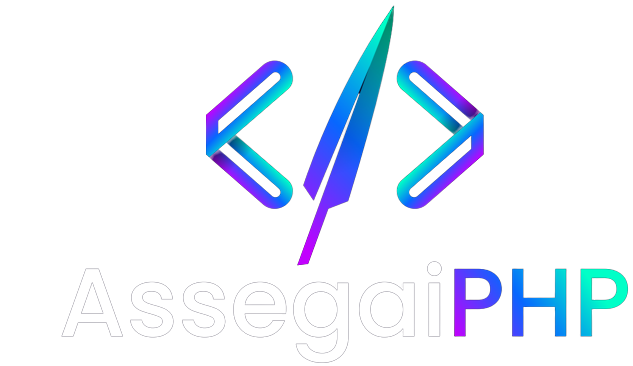PHP 8, the latest major version of the popular server-side programming language, was released in November 2020 and includes a number of exciting new features and improvements. One of the most notable of these is the Just-In-Time (JIT) compiler, which aims to improve the performance of PHP applications by compiling code at runtime rather than ahead of time.
The JIT compiler works by analyzing the code that is being executed and identifying sections that are likely to be used frequently. These sections are then compiled into machine code, which can be executed much faster than the original PHP code. The result is a noticeable improvement in the speed and efficiency of PHP applications, particularly those that rely on heavy computation or make extensive use of looping and recursion.
There are a few important things to keep in mind when it comes to using the JIT compiler in your PHP projects. Firstly, the JIT compiler is not enabled by default, so you will need to explicitly enable it in your PHP configuration. Secondly, the JIT compiler is still considered an experimental feature, so it may not work as expected in all cases. Finally, it’s important to note that the JIT compiler is not a magic bullet that will automatically make all your code faster – it’s just one tool in the toolbox, and it’s up to you to use it effectively.
Despite these limitations, the JIT compiler is an exciting development for the PHP community, and it has the potential to significantly improve the performance of many PHP applications. Whether you’re a seasoned PHP developer or just starting out, it’s worth taking some time to learn about the JIT compiler and how it can help you build faster, more efficient web applications.
To use the JIT compiler in PHP 8, you need to install and enable the OPcache extension. OPcache is a PHP extension that stores precompiled script bytecode in shared memory, which eliminates the need to load and parse scripts on every request. To enable OPcache, you can use the zend_extension directive in the php.ini file and set the opcache.enable directive to 1. You can also use the opcache.enable_cli directive to enable OPcache for the command-line interface (CLI) version of PHP.
After OPcache is enabled, you can configure the JIT compiler by setting the opcache.jit_buffer_size directive to reserve shared memory for compiled JIT code. The opcache.jit directive controls the behavior of the JIT compiler, and it can be set to tracing, on, off, function, or a 4-digit integer. In most cases, it is recommended to use the tracing value, which enables the JIT compiler
